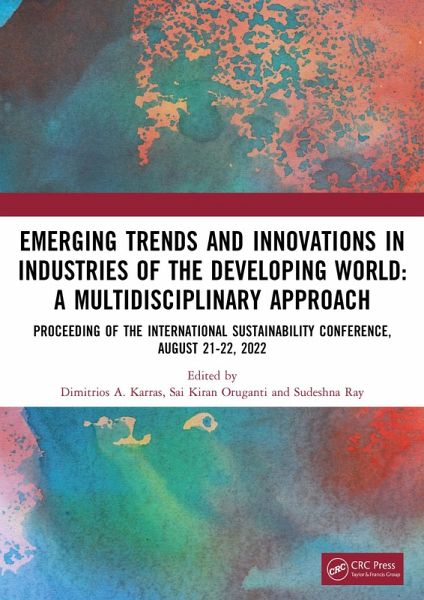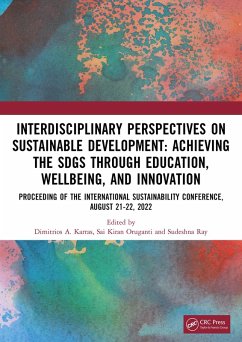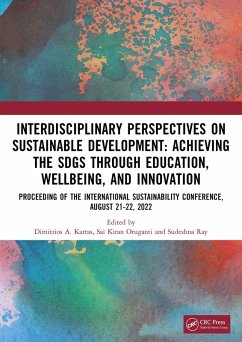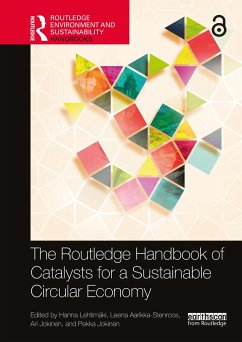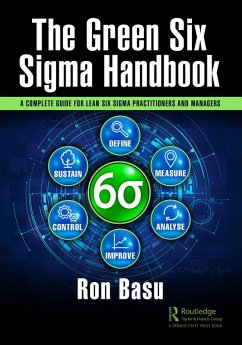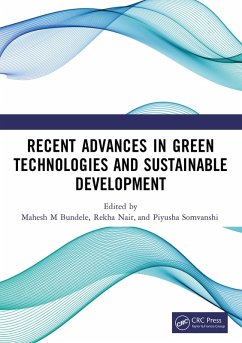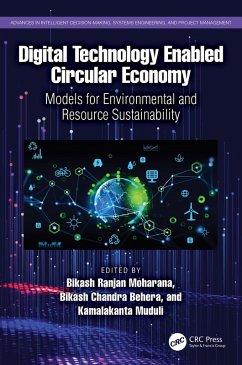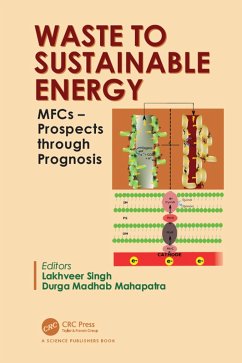Dimitrios A. Karras received his Diploma and M.Sc. Degree in Electrical and Electronic Engineering from the National Technical University of Athens (NTUA), Greece in 1985 and the Ph. Degree in Electrical Engineering, from the NTUA, Greece in 1995, with honors. From 1990 and up to 2004 he collaborated as visiting professor and researcher with several universities and research institutes in Greece. Since 2004, after his election, he has been with the Sterea Hellas Institute of Technology, Automation Dept., Greece as associate professor in Intelligent Systems-Decision Making Systems, Digital Systems, Signal Processing, till 12/2018, as well as with the Hellenic Open University, Dept. Informatics as a visiting professor in Communication Systems (the latter since 2002 and up to 2010). Since 1/2019 is Associate Prof. in Intelligent Systems-Decision Making Systems, Digital Systems and Signal Processing, in National & Kapodistrian University of Athens, Greece, School of Science, Dept. General as well as Adjunct Assoc. Prof. Dr. with the EPOKA university, Computer Engineering Dept., Tirana (1/10/2018-25/9/2020). He has published more than 70 research refereed journal papers in various areas of intelligent and distributed/multiagent systems, Decision Making, pattern recognition, image/signal processing and neural networks as well as in bioinformatics and more than 185 research papers in International refereed scientific Conferences. His research interests span the fields of intelligent and distributed systems, Decision Making Systems, multiagent systems, pattern recognition and computational intelligence, image and signal processing and systems, biomedical systems, communications and networking as well as security. He has served as program committee member as well as program chair and general chair in several international workshops and conferences in the fields of intelligent Systems-Decision Making Systems, signal, image, communication and automation systems. He is, also, former editor in chief (2008-2016) of the International Journal in Signal and Imaging Systems Engineering (IJSISE), academic editor in the TWSJ, ISRN Communications and the Applied Mathematics Hindawi journals as well as associate editor in various scientific journals, including CAAI, IET. He has been cited in more than 2220 research papers (https://scholar.google.com/citations?user=IxQurTMAAAAJ&hl=en), (Google Scholar) and 1626 (ResearchGate Index, after recent recounting based only on ResearchGate database, with more than 9105 ResearchGate Index Reads metric ) citations, as well as in more than 1101 citations in Scopus peer reviewed research database, with H/G indexes 20/48 (Google Scholar), Scopus-H index 15, RG-index 30.96 and RG-Research Interest index 886.1 ( https://www.researchgate.net/profile/Dimitrios_Karras2/). Prof. Dr. Sai Kiran Oruganti is with the School of Electrical and Automation Engineering, Jiangxi University of Science and Technology, Ganzhou, People's Republic of China as a full Professor since October 2019. He is responsible for establishing an advanced wireless power transfer technology laboratory as a part of the international specialists team for the Center for Advanced Wirless Technologies. Between 2018-2019, he served as a senior researcher/Research Professor at Ulsan National Institute of Science and Technology. Previously, his PhD thesis at Ulsan National Institute of Science and Technology, South korea, led to the launch of an University incubated enterprise, for which he served as a Principal Engineer and Chief Designer in 2017-2018. After his PhD in 2016, he served Indian Institute of Technology, Tirupati in the capacity of Assistant Professor (Electrical Engineering) between 2016-2017. His prime research focus is in the development of Wireless Power Transfer(WPT) for applications- Internet of Things (IoT) device charging, Agriculture, Electric Vehicle Charging, Biomedical device charging, Electromagnetically induced transparancy techniques for military and defence applications, Secured shipping containers, Nano Energy Generators. Prof. Dr. Oruganti has more than 21 patents pending on his credit and with several of those patent applications passing the NoC stage. As of 2021, 16 of 21 patents have been granted. He is credited with the pioneering work in the field of Zenneck Waves based Wireless Power Transfer system. Most notably, he has been regarded as one of the only few researchers in the field of WPT to be able to conduct power and signal transmission across partial Faraday shields. His recent paper accepted by Nature Scientific Reports has generated a lot of interest and excitement in the field. International Union of Radio Science(URSI) recognized his research efforts and awarded him Young Scientist Award in 2016. He is also recipient of IEEE sensors council letters of appreciation. Dr. Sudeshna Ray's research at the interface of Chemistry and Material Science is focused on the development of Novel Inorganic based Luminescent materials for the application in white Light Emitting Diodes (LEDs) and as Spectral Converters in Solar Cell. The novel materials can be a single composition multi-centred phosphor or near UV/blue excitable blue, green, yellow and red emitting phosphor. The utilization of 'Green' solution based Synthesis Methodology for the precise control of the composition of the phosphors and achievement of a homogenous distribution of small amounts of activators in the host compounds is the main paradigm of my Research. In addition, to my previous focus on Synthesis, Characterization and Optical studies of size and shape tuned nanocrystalline Y2O3, YVO4 and YPO4 based phosphors, I am extensively involved into the research for the development of Advanced Luminescence Materials so called Quantum Cutters for the application in Solar Cell. A unifying theme of my research is the compositional tuning of the properties of extended solids through solid solution; sometimes referred to as the game of x and y, as, for example, in Sr2(1-x-y/2)Eu2xLaySi1-yAlyO4. Design of New phosphor for LEDs and fabrication of LEDs using the phosphors is an integral part of my Research. Currently, I am involved in the synthesis of Persistent Phosphors for the fabrication of Glow Bullet for Defense Application. RESEARCH INTERESTS ¿ Exploration of New Phosphors by Mineral Inspired Methodology ¿ Development of water soluble silicon compound by alkoxy group exchange reaction ¿ Synthesis of Eu2+ and Ce3+ doped silicate phosphors using water soluble silicon compound ¿ Solution Synthesis of 'Size' and 'shape' tuned Nanomaterials ¿ Characterization of Nanocrystalline phosphors by XRD, TEM, FE-SEM and Raman spectroscopic measurement. ¿ Study of 'Up-conversion', 'Down-conversion', 'Down-shifting' phenomena by steady state photoluminescence and lifetime measurement and analysis. ¿ Measurement of 'Quantum Efficiency' and Thermal stability of phosphors. ¿ Development and optical study of 'Quantum Cutting' Materials as Spectral Converter for Solar cell
